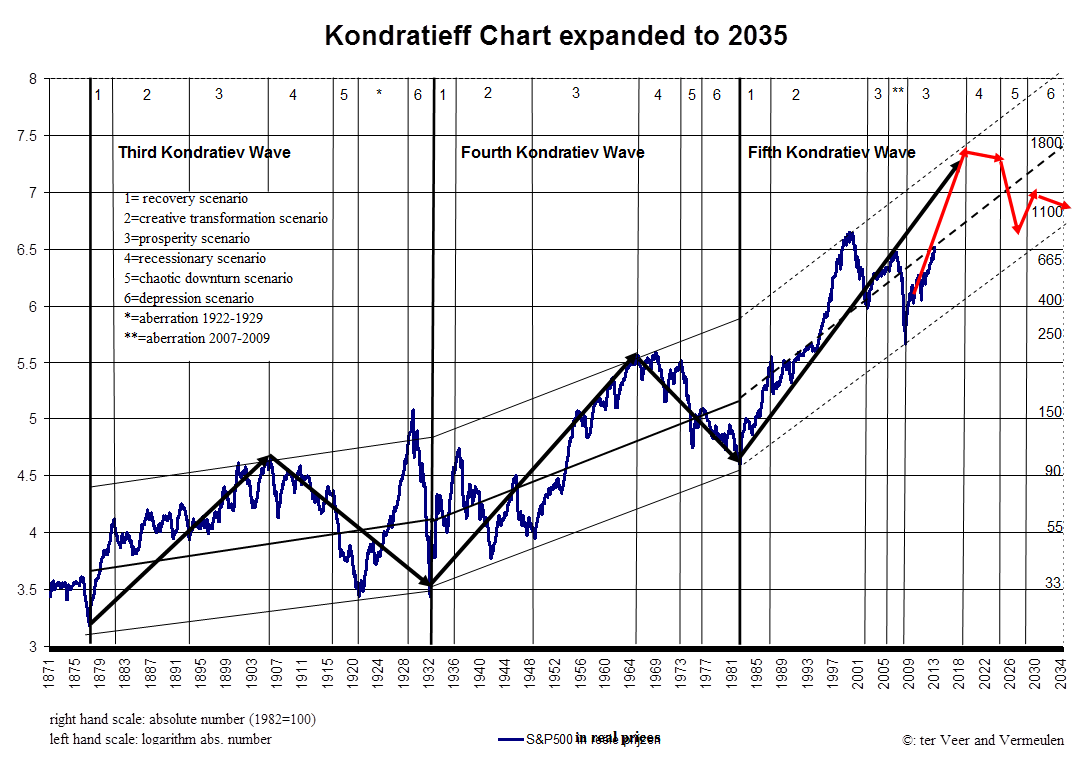Every three years the FED takes its Survey of Consumer Finances. After 18 months they publish the results.
So it is old news. Still the results of 2010 are shocking enough to cause havoc for the re-election probability of Obama.
The real incomes have fallen 10% in 2007-10 for the mean income and is back to the level of about 1995.
This looks like the end of the asmerican dream: you will not see your income rising far above that of your parents. If this trends were to continue, the middle class will go back to the incomes of before the Industrial Revolution (but fortunately this is very, very unlikely to happen).
Net wealth was even doing worse because of the decline of the house prices with growing mortgage debt (only now diminishing) and the lower equity prices. The median wealth decline from $126,000 to $ 77,000.
In 2007-2010 the richest 10% did even worse than the median, but after 210 that probably reversed again.
In the last quarter the net wealth rose because of higher equity and house prices with lower mortgage debt. Dat will be more favourable for the richest 10%.
sources: http://www.nytimes.com/2012/06/12/business/economy/family-net-worth-drops-to-level-of-early-90s-fed-says.html?_r=1&src=me&ref=business and Catalpa and Bianco
Barry Ritholtz added the following:
A list of middle-class miseries by economist David Rosenberg (as told by Anthony Mirhaydari)
• Forty-five million Americans (one in seven) are on food stamps.
• One in seven is unemployed or underemployed.
• The percentage of those out of work defined as long-term unemployed is the highest (42%) since the Great Depression.
• 54% of college graduates younger than 25 are unemployed or underemployed.
• 47% of Americans receive some form of government assistance.
• Employment-to-population ratio for 25- to 54-year-olds is now 75.7%, lower than when the recession “ended” in June 2009.
• There are 7.7 million fewer full-time workers now than before the recession, and 3.3 million more part-time workers.
• Eight million people have left the labor force since the recession “ended” — adding those back in would put the unemployment rate at 12% instead of 8.2%.
• The number of unemployed looking for work for at least 27 weeks jumped 310,000 in May, the sharpest increase in a year.
• Just 14% of high-school graduates believe they will have a more successful financial future than their parents.
• The male unemployment rate for ages 16 to 19 is 27%; for ages 20 to 24, it is 13%.
• Because of structural problems such as negative home equity (which keeps people from moving for work) and skills erosion (from long-term unemployment), UBS economists estimate that the economy’s natural unemployment rate has increased from 5.7% before the recession to 8.6% now. This acts as a speed limit on potential economic growth.
source:
http://money.msn.com/investing/washington-vs-the-middle-class-mirhaydari.aspx?page=0


















































